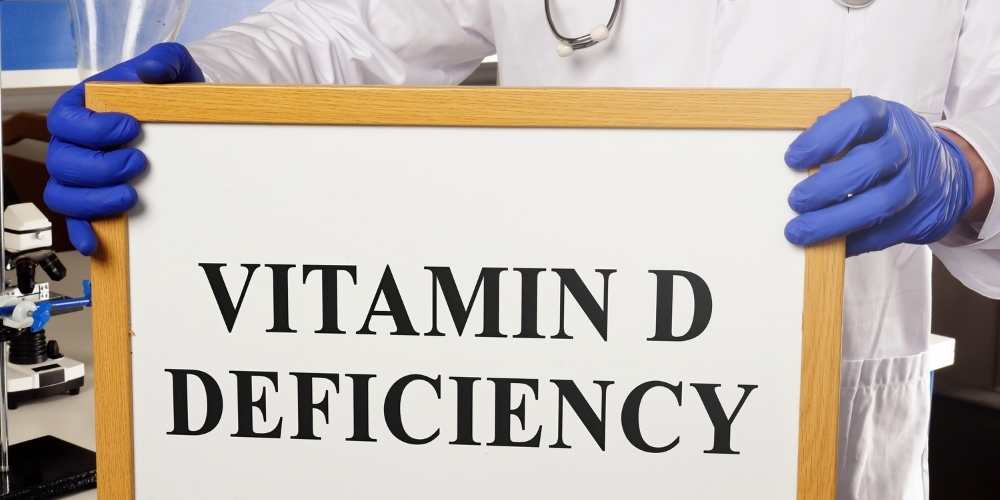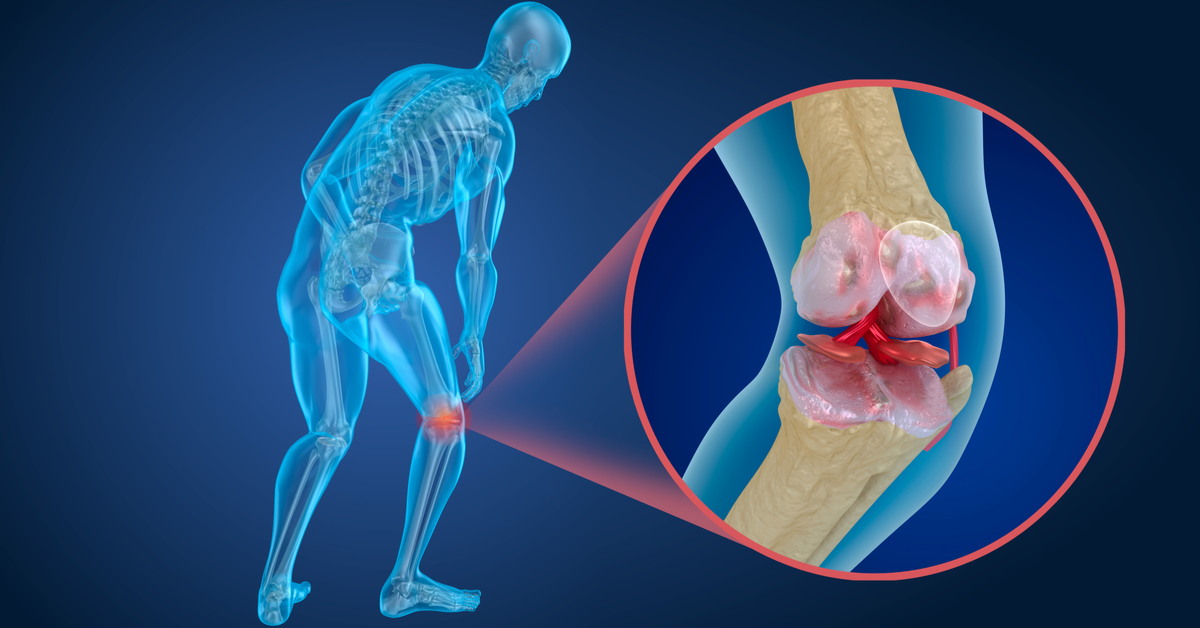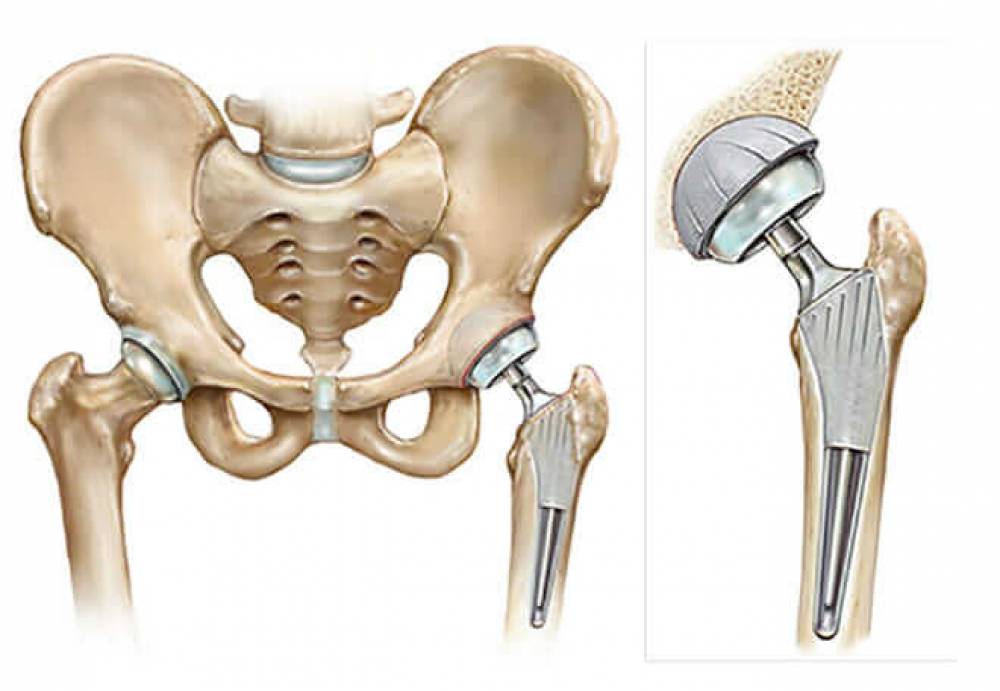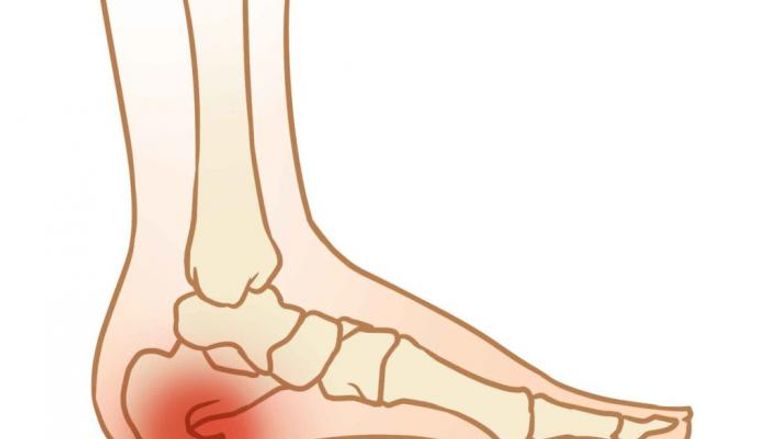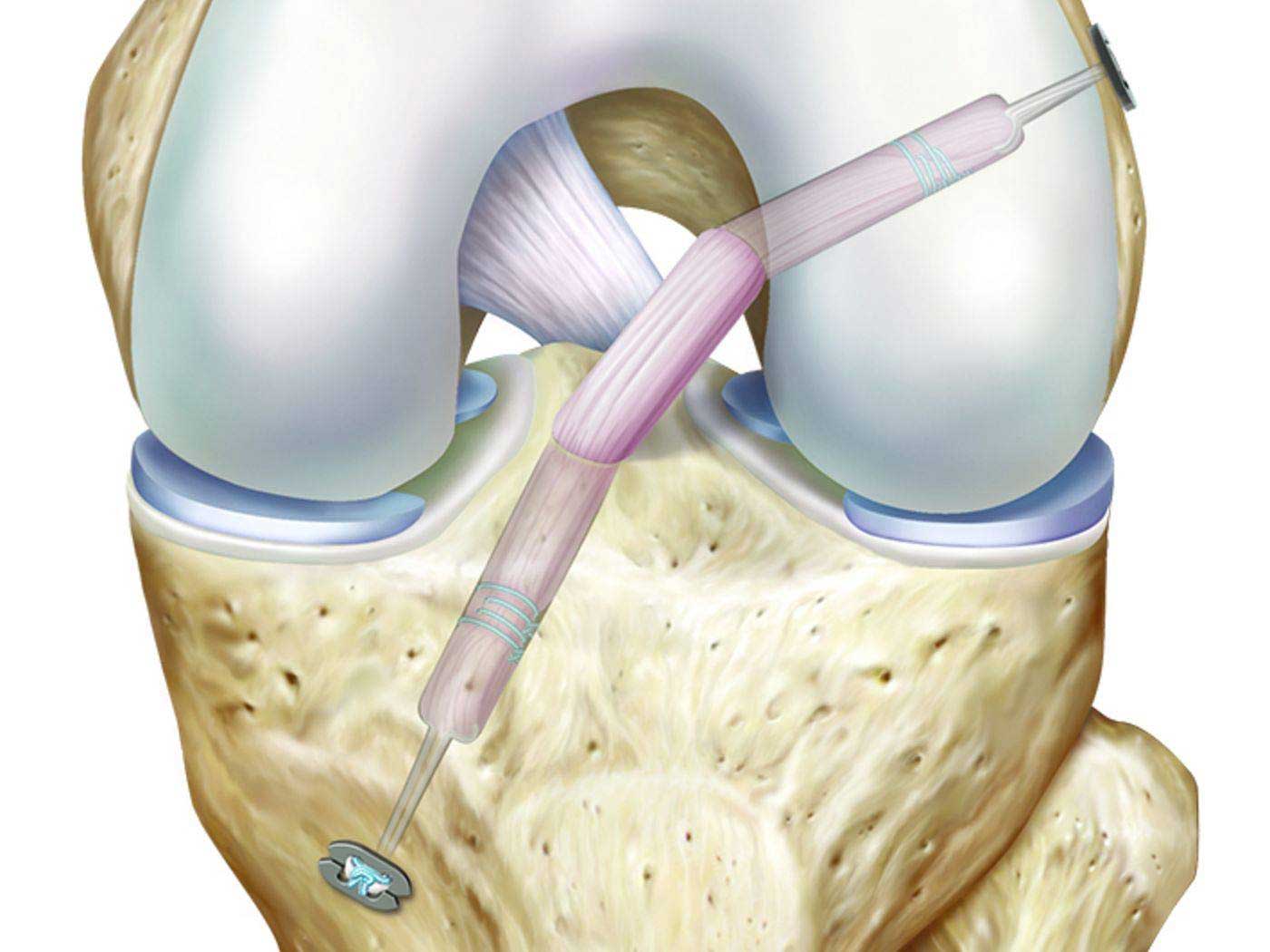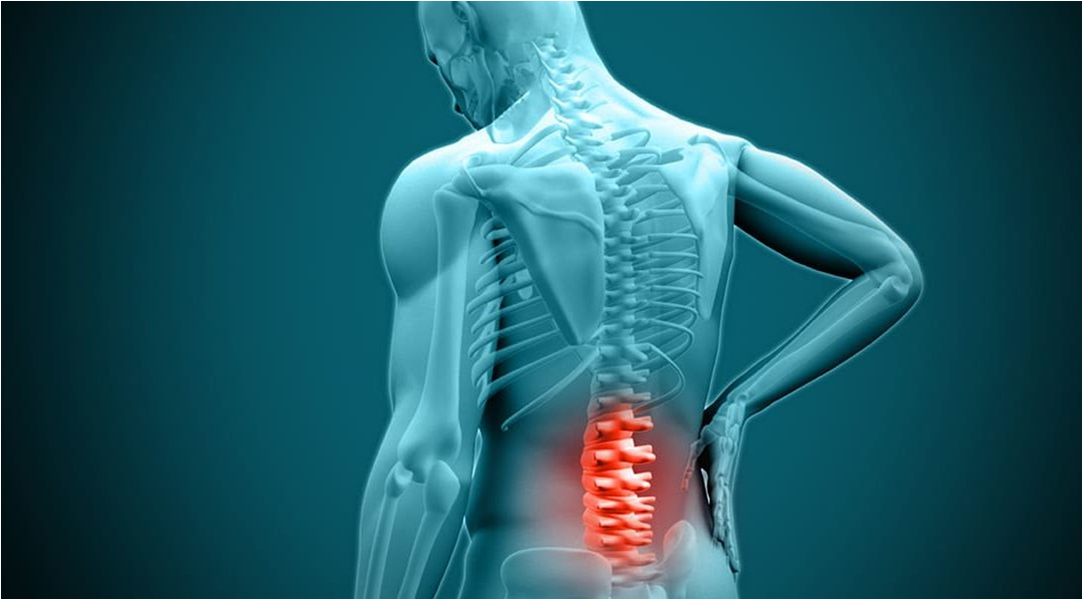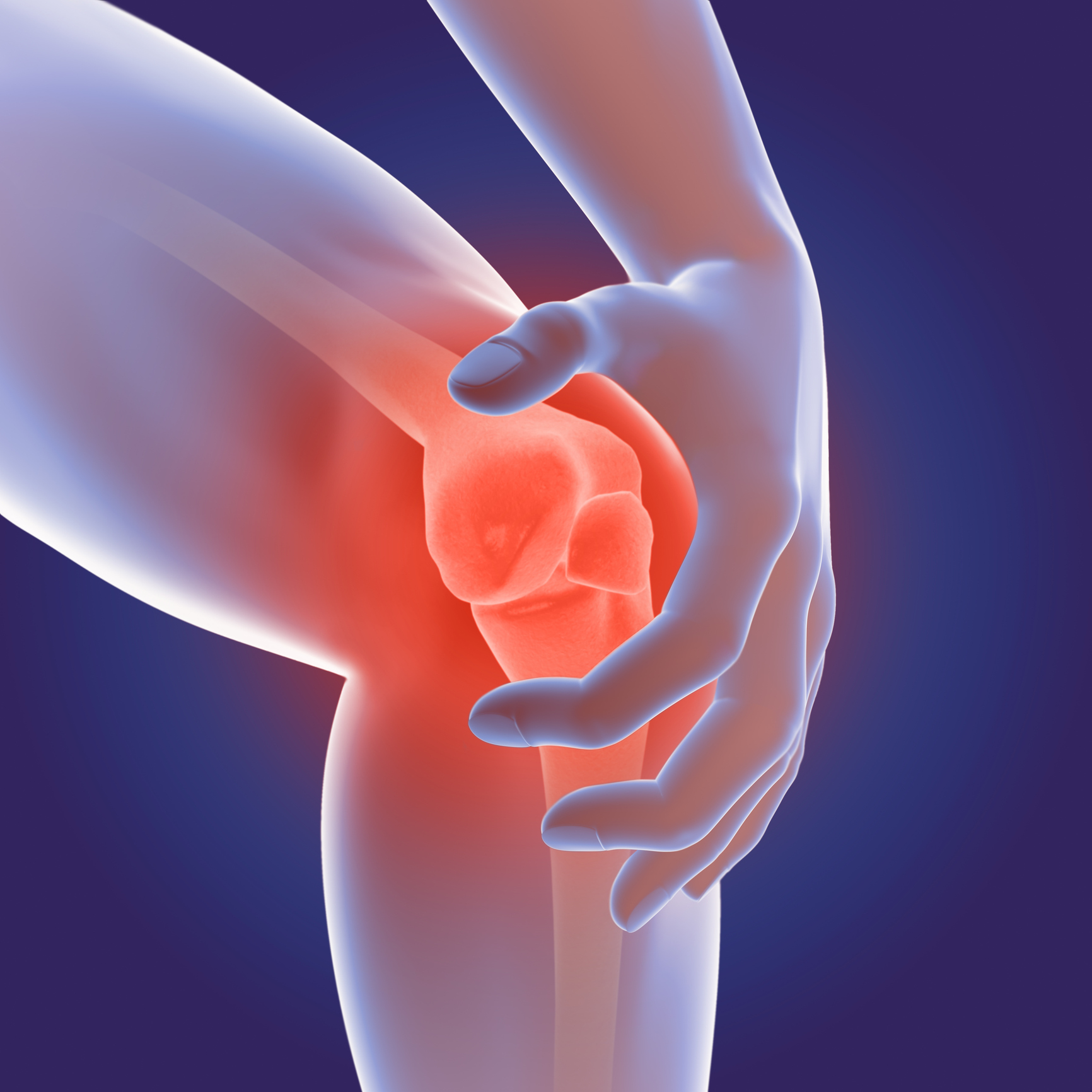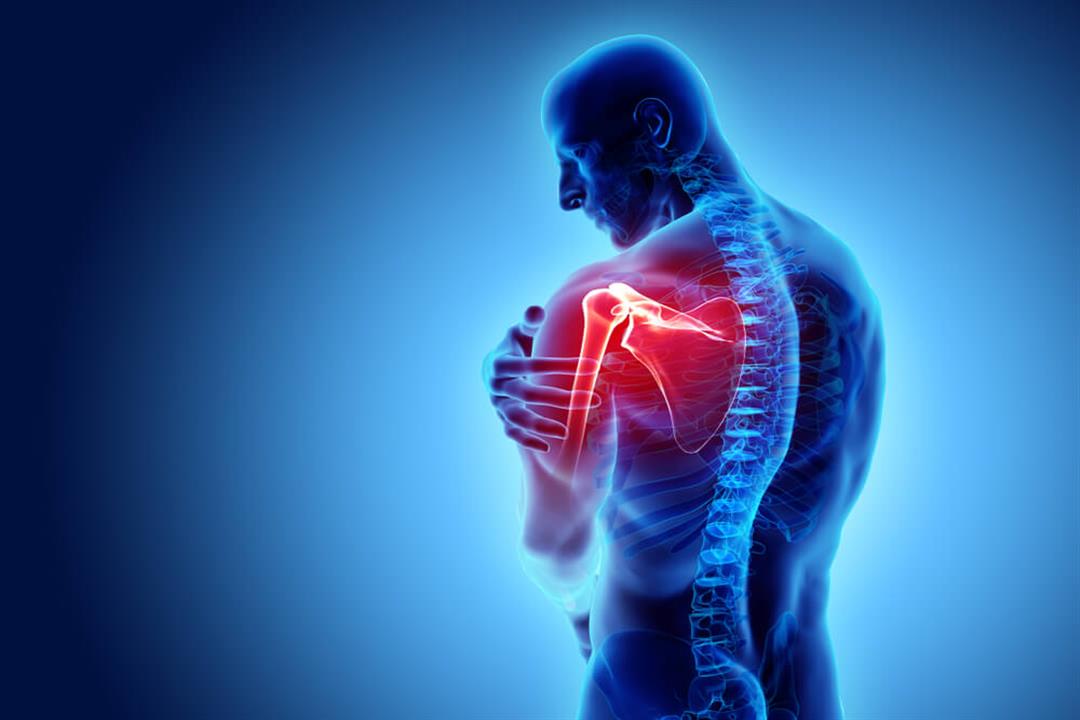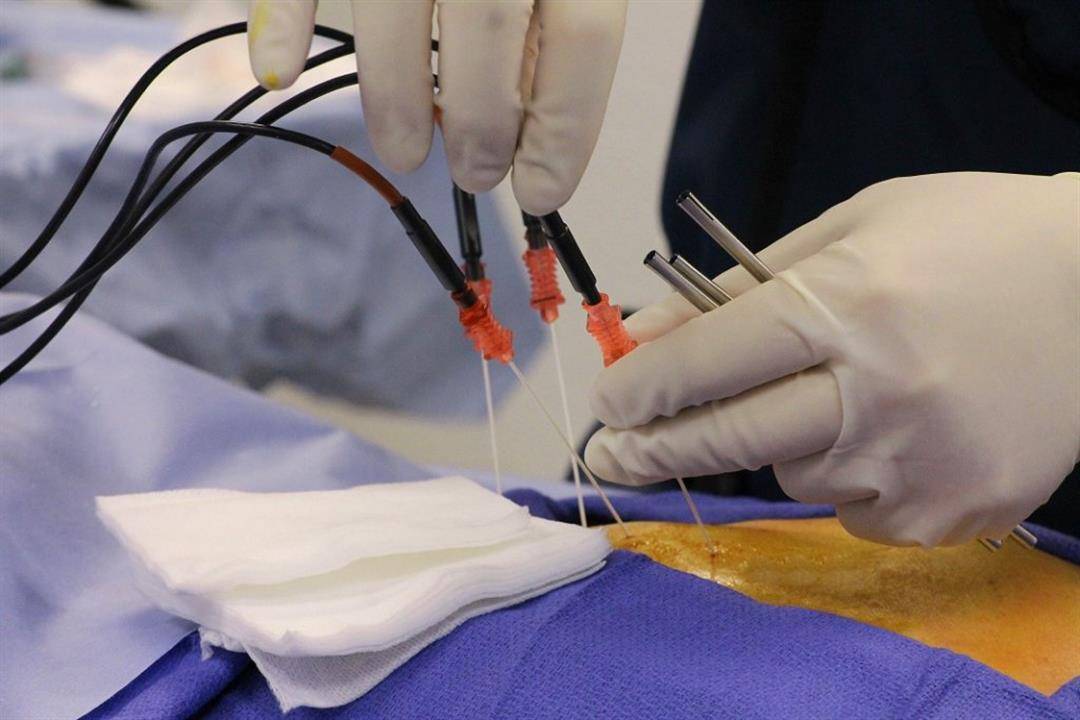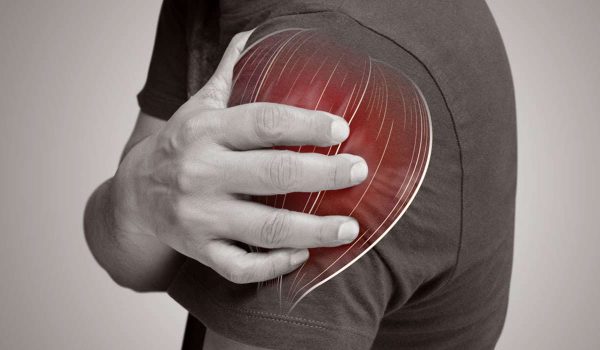What are the effects of vitamin D deficiency?
The presence of vitamin D in the body is important and has many vital functions that help the body with it to form a strong bone and muscle structure, and any deficiency or imbalance in the percentage of vitamin D in the body leads to damages that were mentioned in the following article.
What are the effects of vitamin D deficiency?
Vitamin D is an important and effective component in the performance of vital functions in the body and helps in the utilization of minerals, including calcium and magnesium, and works to enhance the strength of the immune system, vitamin D is a fat-soluble element, so it is recommended to eat healthy fats that help in its better absorption.
There are a number of problems and damages that affect the body when exposed to vitamin D deficiency, and this leads to other diseases and severe physical fatigue that affects the person, and other symptoms that appear on a person with vitamin D deficiency include the following:
- Mood swings and depression.
- A feeling of general stress in the body continuously.
- muscle weakness
- Hair loss due to falling out.
- The presence of pain in the bones due to their exposure to fragility.
- A feeling of pain in the joints.
- Rickets in children.
The percentage of 20 ng/milliliter was recognized as the normal percentage of vitamin D in the body, and any deficiency or imbalance in this percentage becomes a person suffering from (Vitamin D deficiency) and is exposed to several damages as a result of this deficiency, especially in children.
What are the effects of vitamin D deficiency?
- Risk of developing diabetes
Vitamin D deficiency leads to greater chances of developing type 2 diabetes. Paying attention to the diet, working to reduce fat, and maintaining an appropriate weight are among the factors that reduce the risk of developing diabetes.
- Osteomalacia
Calcium absorption and distribution to parts of the body is one of the factors that help build strong bones and increase bone mass in the body. Vitamin D is responsible for the introduction and distribution of calcium into the body naturally, and any deficiency in it leads to osteoporosis and rickets.
- Risk of heart disease
Some research has shown that any deficiency or deficiency of vitamin D in the body may increase the risk of heart attacks, heart disease, and strokes, but it has not been proven that increasing vitamin D reduces infection, but it may help avoid it.
- Risk of infection in children
Vitamin D deficiency can affect children because it causes delays in walking or exposure to rickets and the presence of some deformities in the teeth. The symptom may reach short stature and a constant feeling of lethargy and fatigue.
- Cancer risk
There are scientific studies that indicate a deficiency in vitamin D that puts the body at risk and increases the possibility of cancer, especially colon cancer, and interest in bringing the level of vitamin D to the normal rate may lead to keeping the body away from danger.
- The risk of chest diseases
Vitamin D works in the body to enhance immunity and fight bacterial infections that may negatively affect various organs, including the lung, which may be infected with inflammation and influenza, and thus damage the respiratory system as a whole.
- Risk of muscle injury
Vitamin D deficiency in the body may lead to muscle ailment or damage and may cause muscle pain and sometimes loss of balance, especially in the elderly.
Does Vitamin D deficiency cause weight gain?
Scientific research has been conducted to prove a lack of vitamin D in the body that affects people with obesity, and the deficiency appears in the form of many symptoms, including a feeling of constant physical fatigue, bone pain, and muscle weakness.
Studies suggested that an obese person needs 3 times more vitamin D than people with normal fat mass. This is due to the fact that vitamin D is soluble in fats, which increases the body’s need for it and lowers its level in the blood.
Does milk increase vitamin D?
Doctors usually recommend adding full-fat milk to the diet for patients with vitamin D deficiency, because the solubility and absorption of the vitamin is better in the presence of water or milk that contains 4% healthy fats, which the body benefits from.

